5 things to consider when buying a Samsung Galaxy phone, from cameras to battery life
Consider these five factors to find your Galaxy fit
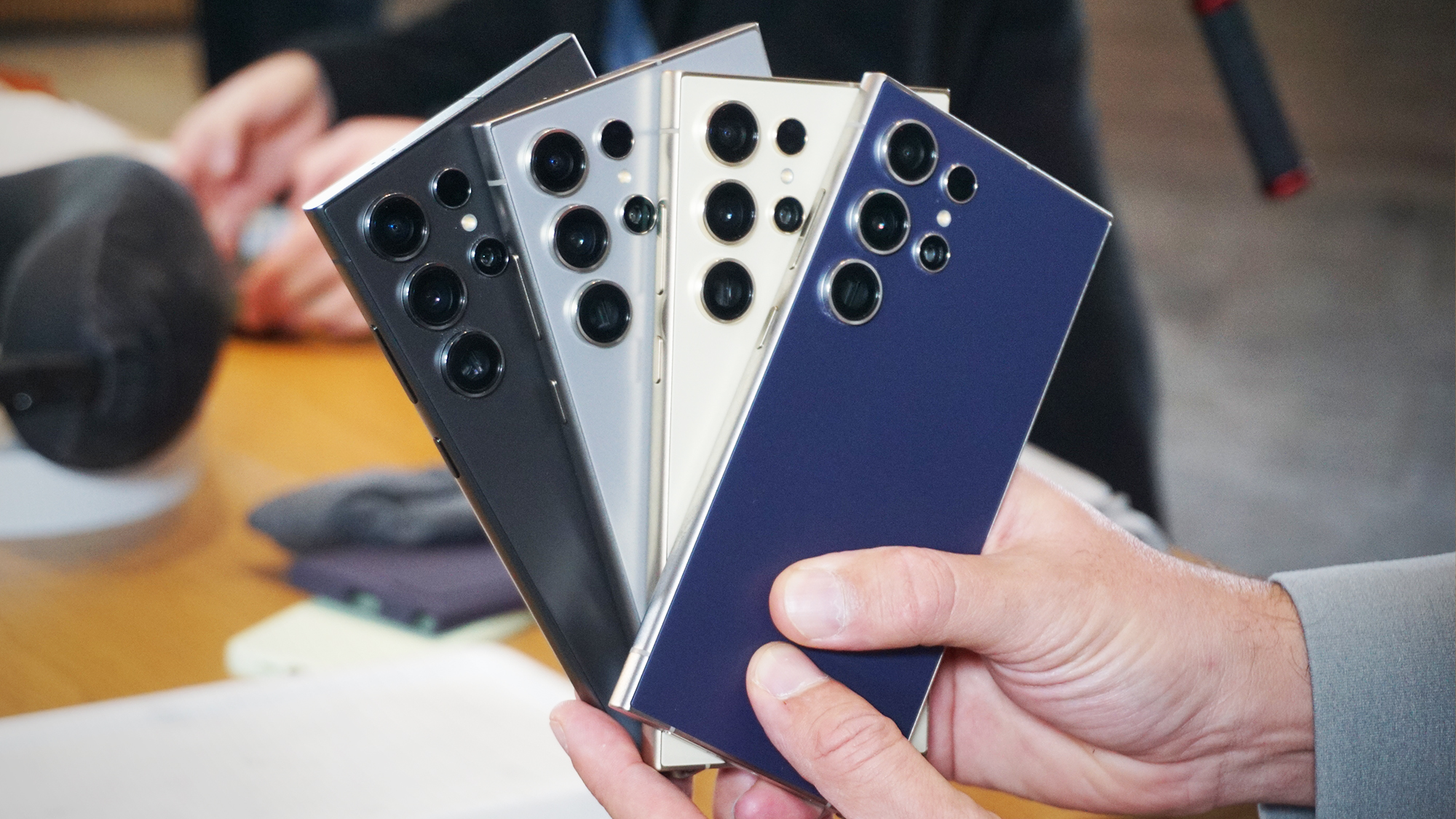
Samsung sells an enormous variety of phones, from its affordable Galaxy A series handsets to its premium Galaxy S flagships and foldable Galaxy Z models.
So, whether you're choosing between the best Samsung phones or the company's best cheap phones, there are plenty of factors to consider, from their cameras, power and battery life to their price and longevity.
Everyone’s needs are different, but to help you narrow down the vast selection of Samsung phones available right now, we've detailed the five things you should consider when buying a Samsung phone.
1. Cameras
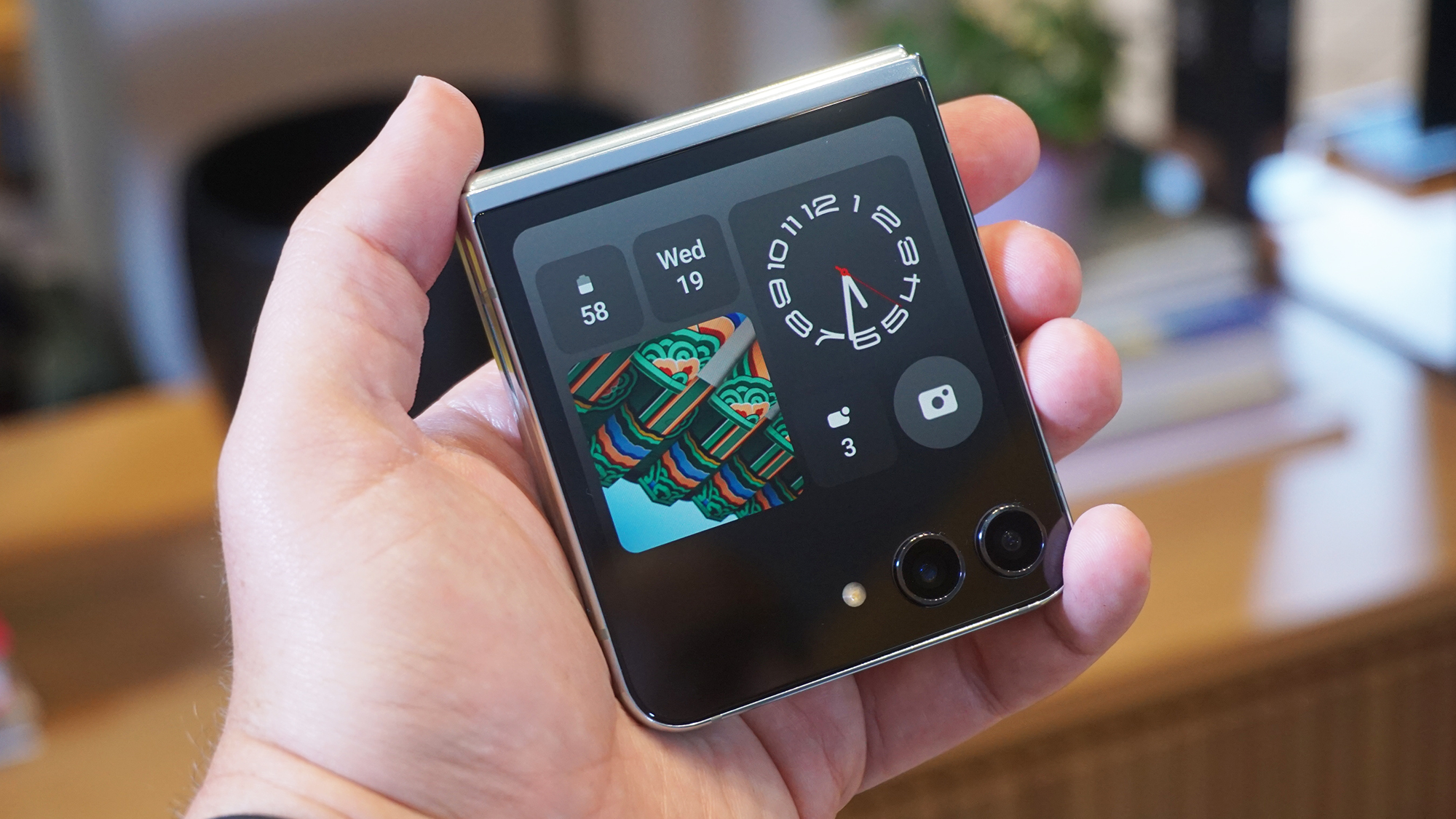
Cameras are a key feature of smartphones for some people, but not everyone. So, it’s worth considering how much you care about smartphone photography before settling on a photography-focused Samsung model.
If you’re a bona fide photog, then one of the best camera phones like the Samsung Galaxy S24 Ultra could be a worthy investment, but if not, then you could easily get away with something that doesn’t prioritize photography quite so much, like the Samsung Galaxy S24 Plus, or a cheaper model such as the Samsung Galaxy A54.
If you do take a lot of photos on your phone, then it’s also worth thinking about what kind of photos you take. If you’re not taking photos of distant subjects, then you probably don’t need a long-distance telephoto lens, so could skip the Ultra models and choose something like the standard Samsung Galaxy S24 (which still has a shorter 3x optical zoom), or even skip the zoom camera altogether and get something like the Samsung Galaxy Z Flip 5.
2. Screen size
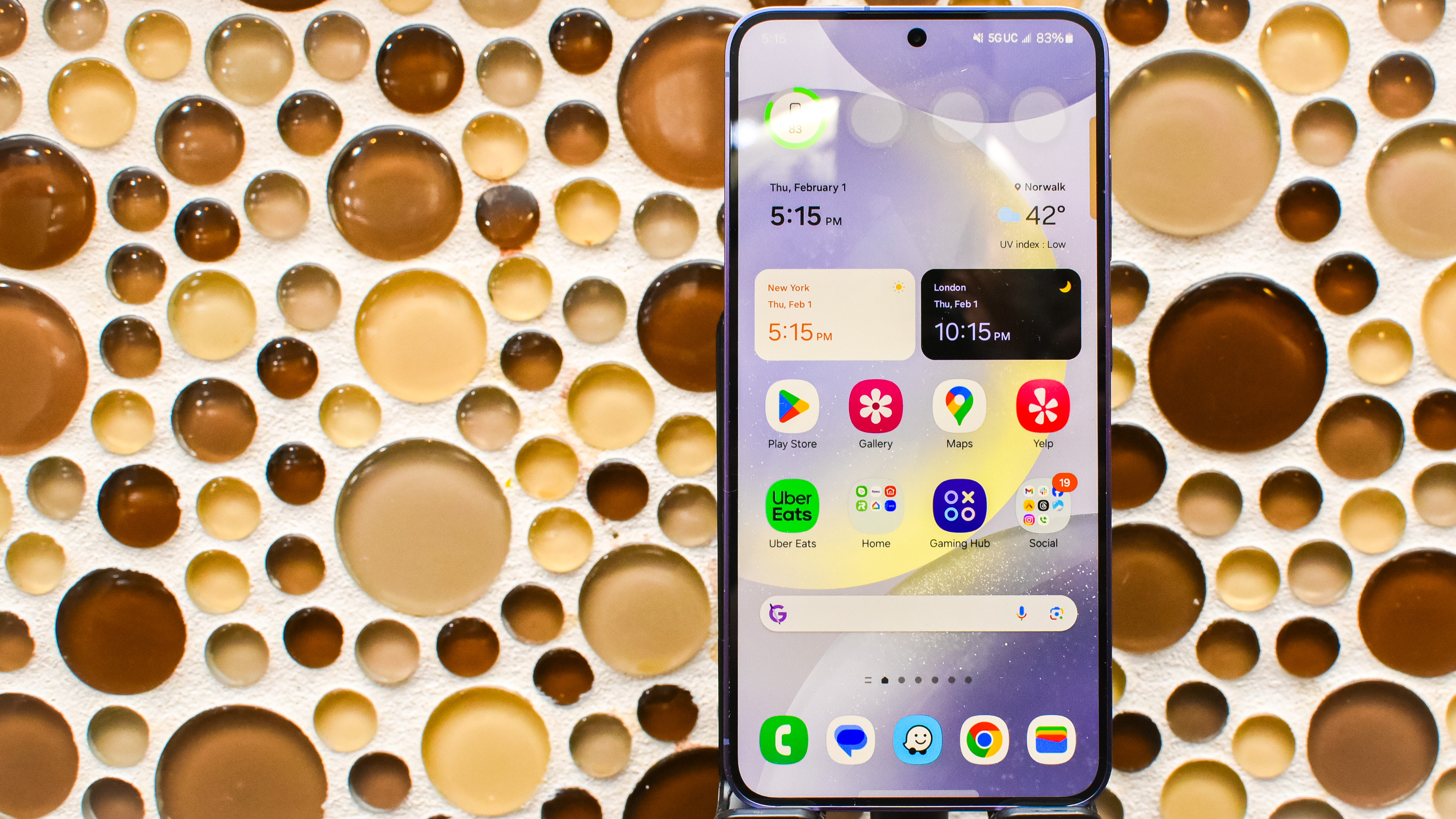
Another big consideration when buying a Samsung phone is how large you want your device to be. There are upsides and downsides to a big screen – pick a large handset like the 6.8-inch Samsung Galaxy S24 Ultra, and you’ll have a lot more app real estate to play with than you would on something like the 6.2-inch Samsung Galaxy S24.
Get daily insight, inspiration and deals in your inbox
Sign up for breaking news, reviews, opinion, top tech deals, and more.
Videos will also come to life more on a larger screen, and games tend to feel less cramped, but there are also downsides – they’re tougher to interact with using one hand, and the larger physical size makes them bigger and heavier to carry around.
For the best of both worlds, you could consider something like the Samsung Galaxy Z Fold 5, which has both a compact 6.2-inch cover screen and a truly massive 7.6-inch foldable display. But, of course, this solution doesn’t eliminate the issues of size and weight that come with larger screens.
3. Battery life
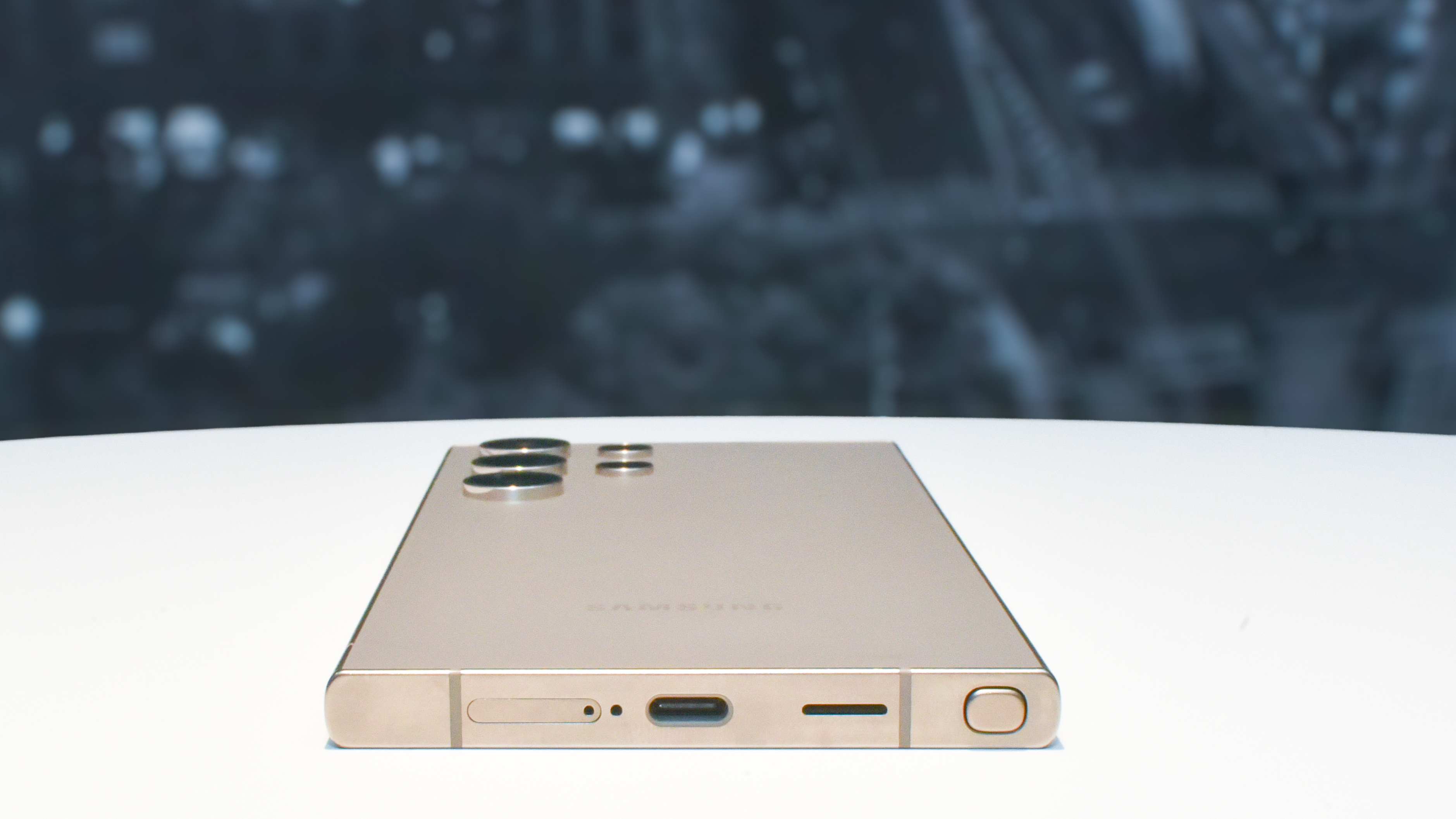
Good battery life is an important aspect of smartphones, but how important it is to you will likely depend on how heavily you use your phone, how easily you can charge it during a typical day, and how annoying you will find having to leave it on charge.
Only you can answer those questions, but if you want a phone that will comfortably make it through even the busiest and longest of days, then consider something like the Samsung Galaxy S24 Ultra. In our Samsung Galaxy S24 Ultra review, we said that the device offers “better battery life than any iPhone or any Galaxy Ultra that’s come before; you won’t find better battery life on a phone worth buying."
In any case, as a general rule, bigger Samsung phones have better battery life (as there’s space for a larger battery in them). But foldable phones are an exception to the rule, as their additional components mean there's less space inside them, so their batteries are quite small. For lighter users, though, they – and more compact handsets – should still be fine.
4. Power
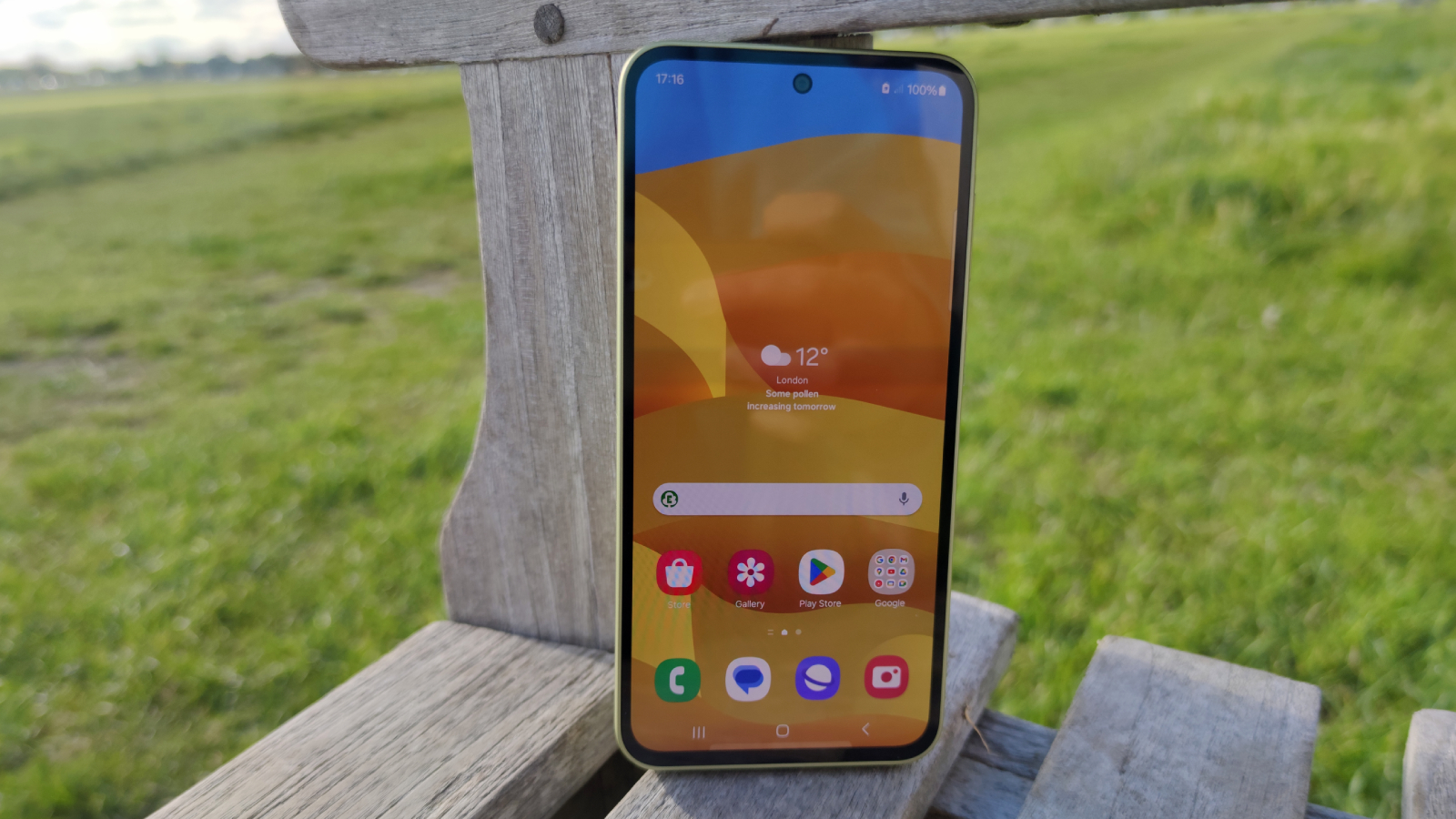
Do you need a lot of power? If you plan to play demanding games, multi-task, or use other intensive software, then the answer is probably 'yes'. You'll also want plenty of power if you're someone who'll be bothered by your phone feeling anything less than silky smooth in operation.
But for lots of users, the top chipsets are likely overkill, so if you mostly just plan to use social media and browse the web, then a lower-end chipset should be fine. In which case, you could save some money by choosing a lower-end phone like the Samsung Galaxy A35, or an older model like the Samsung Galaxy S21.
5. Will you want a stylus?
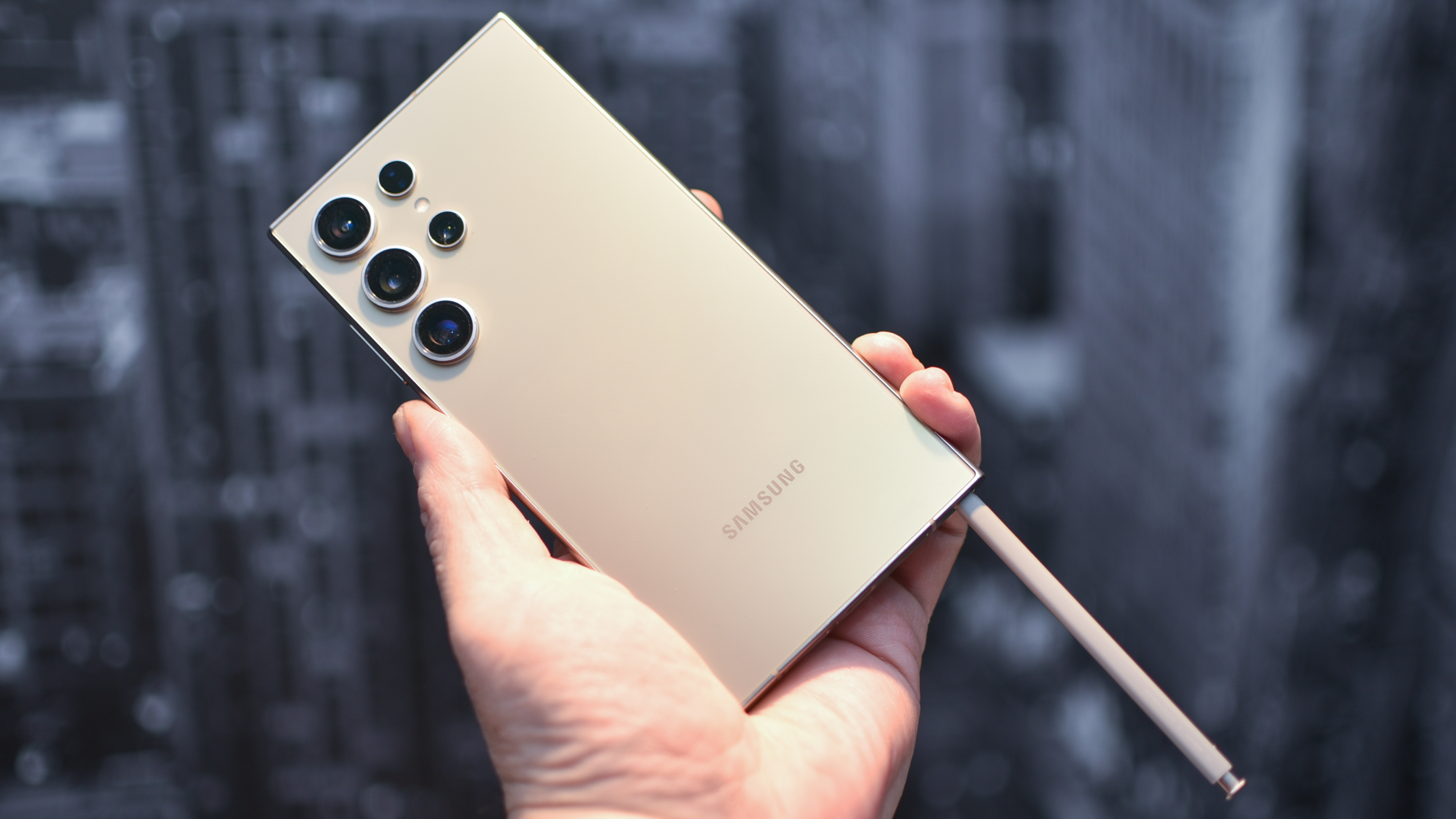
One final consideration is whether you’ll want a stylus with your smartphone. Samsung is one of few companies that supports styli on its phones, but not all of them work with a stylus.
If you do want a stylus – for sketching or taking hand-written notes, for instance – then the obvious choice is an Ultra model, the latest of which being the Samsung Galaxy S24 Ultra. This phone comes with a stylus and even has a slot to house it.
But you could also consider a Z Fold like the Samsung Galaxy Z Fold 5. This model doesn’t come with a stylus, and nor does it have a slot for one, but it does support Samsung’s S Pen if you buy it separately, and with its massive screen, this phone is arguably best positioned to take advantage of a stylus.
If, on the other hand, you don’t care about a stylus, then you could buy any Samsung phone, and may even want to skip the Ultra, since it comes with a component you won’t be using.
You might also like
- Best Samsung phones: top Galaxy handsets ranked
- Samsung Galaxy S25: what we want to see
- Samsung Galaxy S24 review: the Galaxy's pocket powerhouse
James is a freelance phones, tablets and wearables writer and sub-editor at TechRadar. He has a love for everything ‘smart’, from watches to lights, and can often be found arguing with AI assistants or drowning in the latest apps. James also contributes to 3G.co.uk, 4G.co.uk and 5G.co.uk and has written for T3, Digital Camera World, Clarity Media and others, with work on the web, in print and on TV.